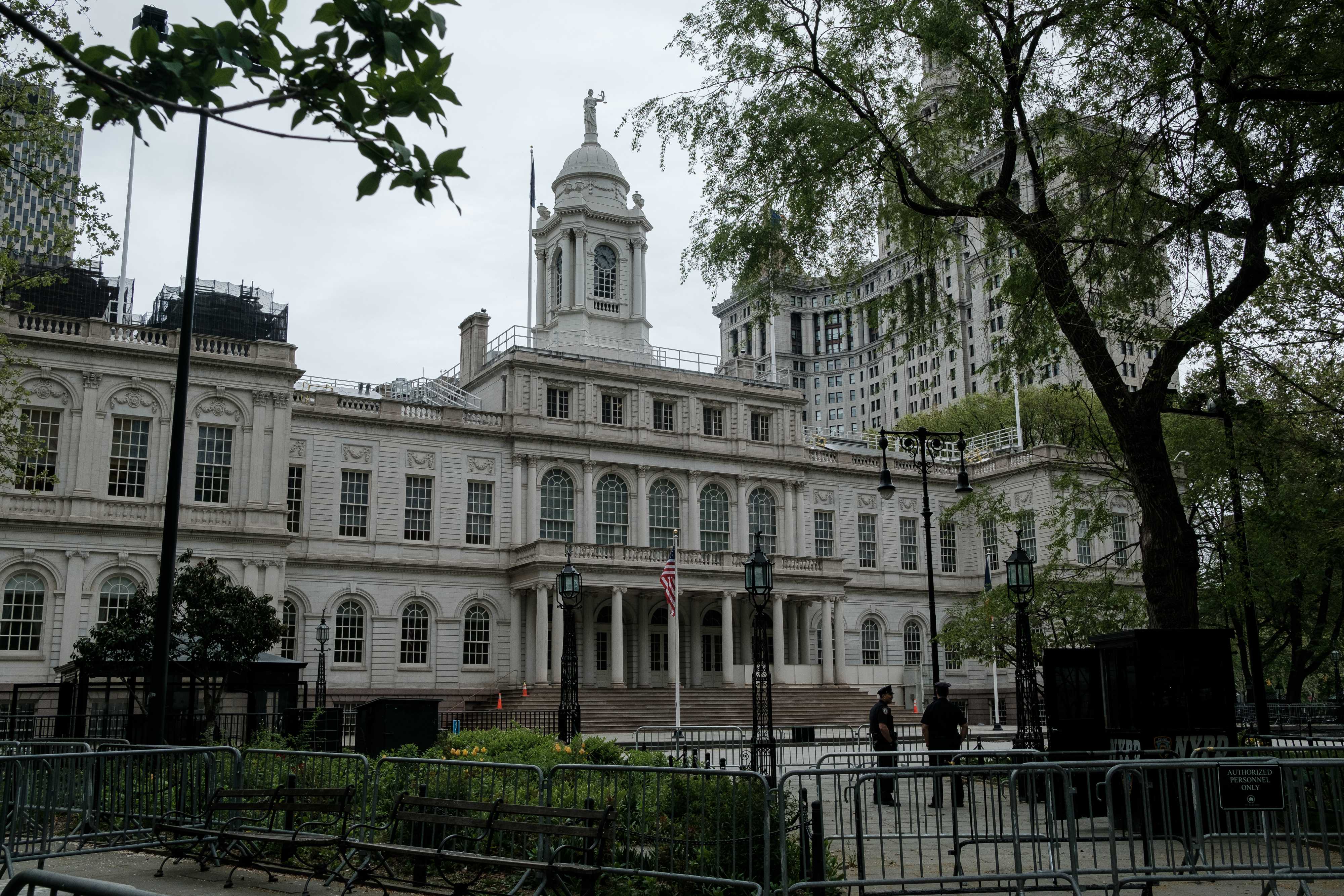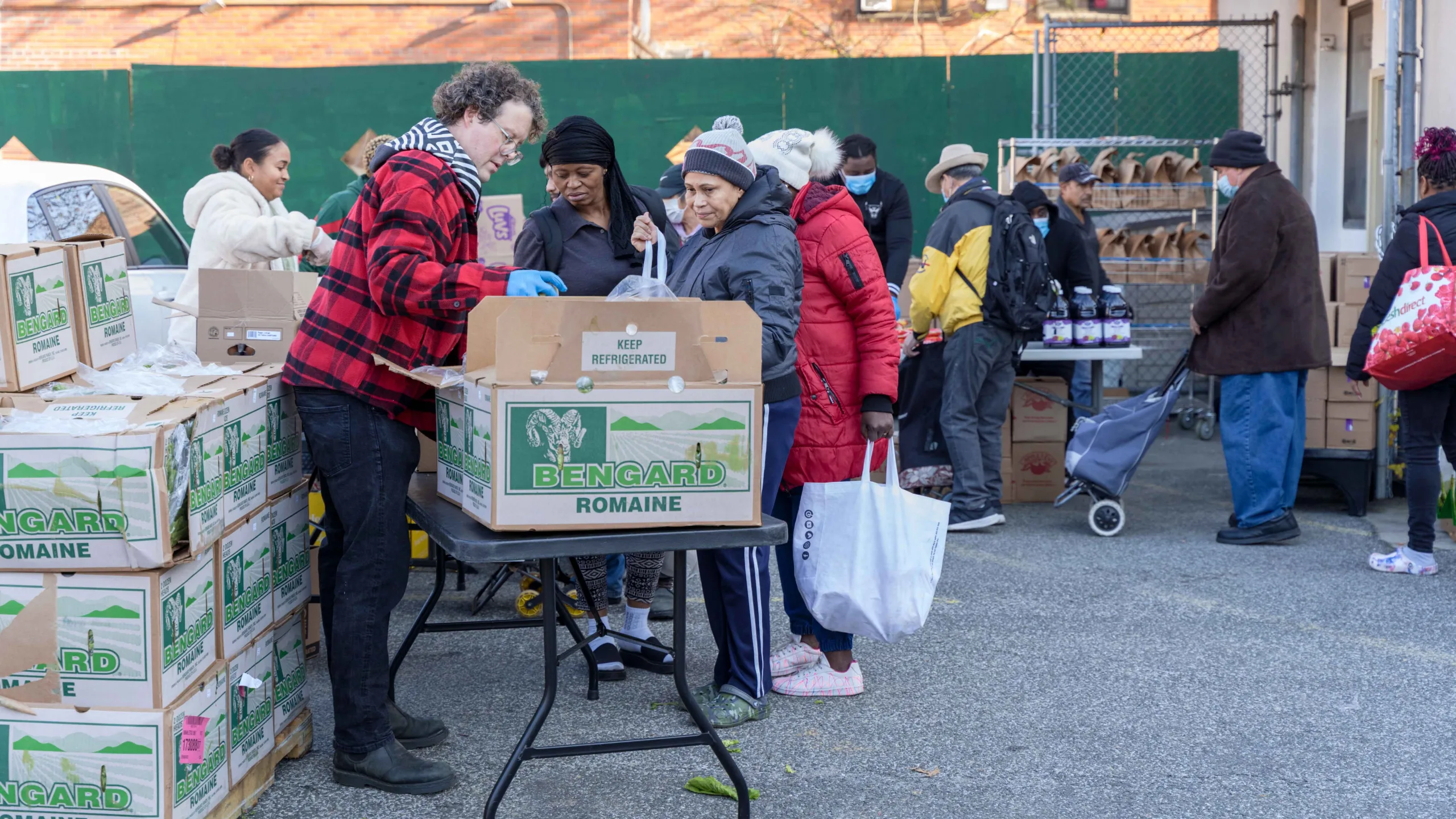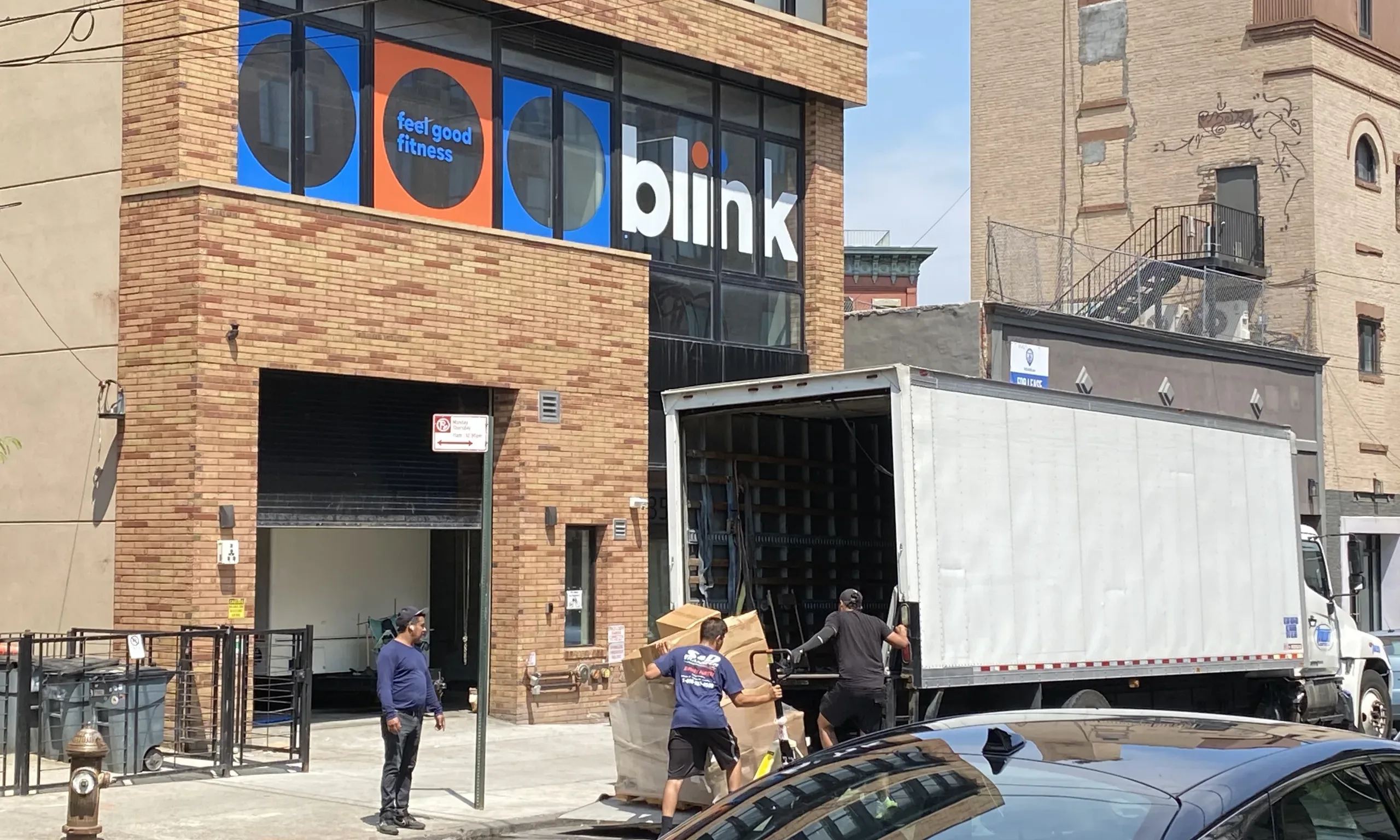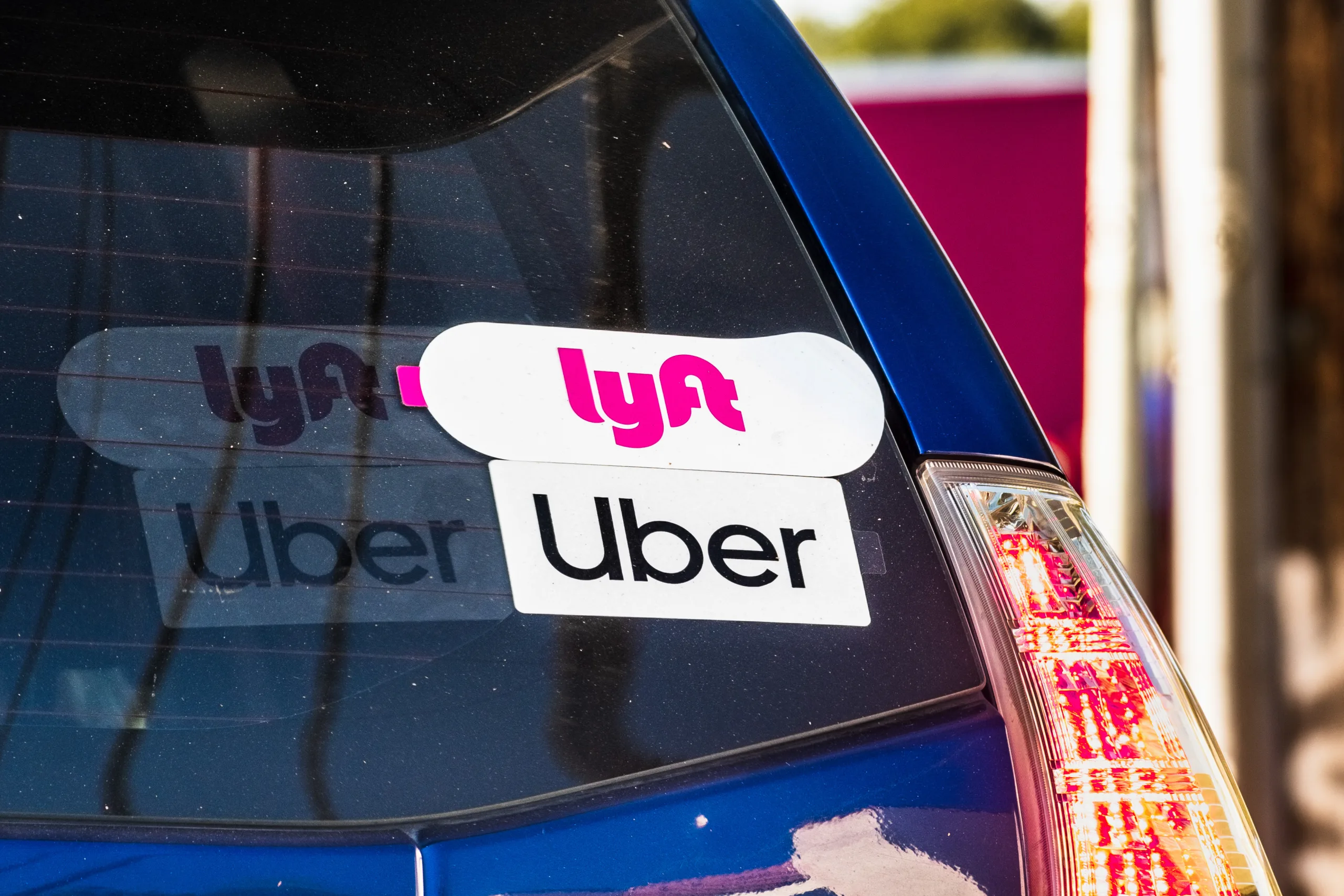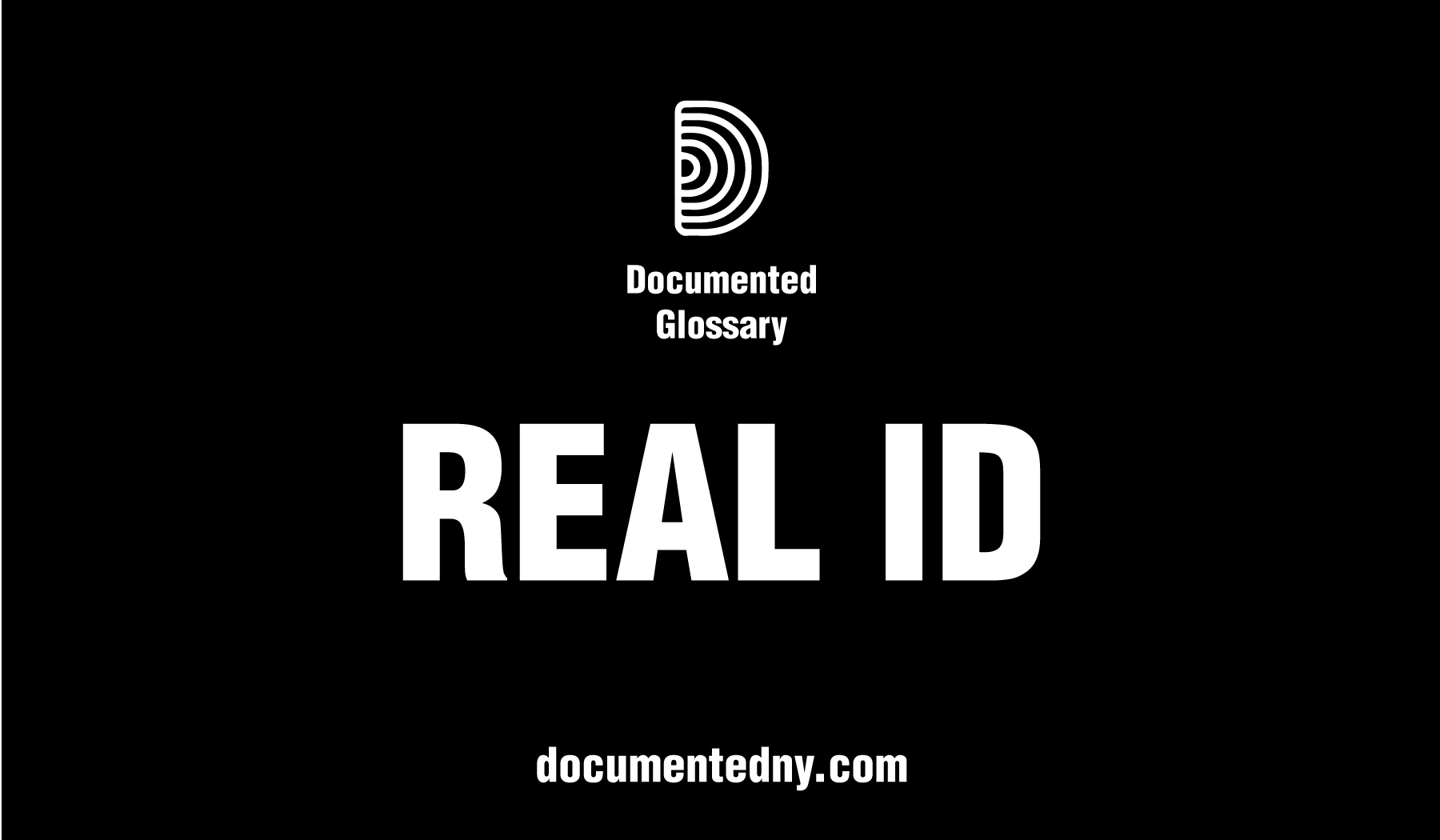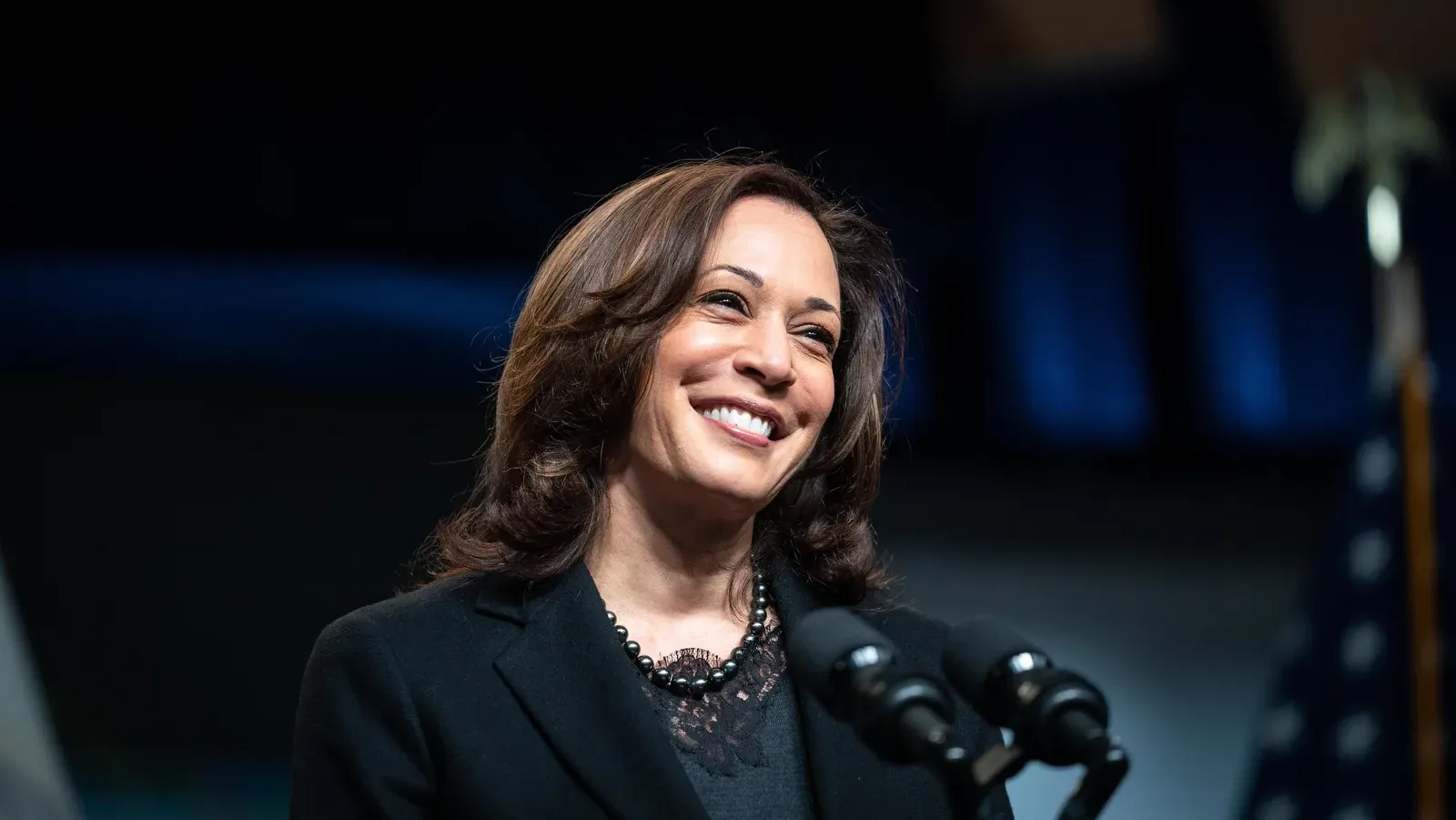New York City policymakers are mulling a wide-ranging proposal to provide subsidized health care to people who cannot qualify for federal or state-managed health insurance — primarily undocumented immigrants. If it comes to fruition, it would be the country’s largest municipal health care plan for the uninsurable, following those in San Francisco and Los Angeles.
Officials know it would work because they’ve tried it. The principles were tested in a pilot study the city conducted from May 2016 to June 2017, called ActionHealthNYC. The program technically was not insurance—it simply offered members reduced health costs and a managed care framework at facilities in the publicHealth + Hospitals system. It allowed members to use their New York City municipal identification cards to sign up at a Primary Care Home, which could be at a public hospital or a community-based Federally Qualified Health Center(FQHC), where they could receive general examinations and screenings. Those needing specialized care were referred to specialists, and all participants were charged a standardized fee based on income.
The pilot study provided benefits to 1,265 uninsurable New Yorkers and compared their outcomes to a control group of 1,139 others. The evaluation of the program, conducted by the American Institutes of Research(AIR), stated that “significantly more members reported having a primary care provider, and used primary and specialty care, than did the study group,” and concluded that the program had improved the use of preventive services and the diagnosis of chronic conditions. “[Members] appreciated being able to get medical help when they needed it at a reduced cost. Many discussed how their health improved after enrolling inActionHealthNYC because of their improved access to care,” the report read.
AIR enthusiastically recommended its expansion, writing that “the feasibility of implementing such a program rapidly, perhaps even beyond the initial geographic areas, is demonstrated” by the fact that the program “succeeded, in less than half a year, in recruiting and enrolling more than 2,400 eligible low-income uninsured adults to the demonstration program and this research study.”
Chatter about reviving and expanding ActionHealthNYC has bubbled ever since the pilot ended, but planning has kicked into overdrive as policymakers brace for a budget fight in Albany over a proposed state-level single payer health system and stare down a possible change in federal rules over what benefits immigrants can access without jeopardizing their efforts to get certain visas or legal permanent residency. A federal court ruling last week in Texas putting the federal health insurance program in legal jeopardy has further muddied the waters. The de Blasio administration has been largely silent on why ActionHealthNYC wasn’t expanded, even as members of the City Council, city officials, advocacy groups, and health providers have signaled support.
State health insurance effort
Most of the initiative’s proponents are publicly supporting the state-level single-payer insurance proposal, the New York Health Act, which if passed might render a local program unnecessary. Despite an incoming newly Democratic State Senate, Governor Andrew Cuomo has not supported the proposed Act and it’s unclear whether he would sign it if passed. Moreover, it may not be fully legal for a state to offer full-blown insurance to the undocumented, although the bill’s framers and supporters insist that the use of solely state funds would insulate it from a lawsuit. A municipal non-insurance health plan, logistically, would be much easier to implement.
“A lot of the pieces are in place, and that’s one of the reasons that doing this in New York City wouldn’t be as hard as in other places,” said Max Hadler, the Director of Health Policy at the New York Immigration Coalition. He has been speaking with “pretty much anyone who would listen” in city government about the benefits of a building out a citywide access-to-health program, he said.
City Council member Mark Levine, who chairs the Council’s committee on health, said that expanding ActionHealthNYC is “a large and complicated undertaking, so the legislative process reflecting that is going to take some time,” but indicated that conversations about the actual logistical details of the plan were underway. Levine said he is “hopeful that the bill will move forward, that there will be a hearing before a long, and I expect there will be increasing interest among colleagues and co-sponsors.” Levine and Council member Carlos Menchaca, who chairs the Committee on Immigration, are said to be the most active in pushing the plan. Menchaca’s office had no comment.
A city healthcare program would cover not only undocumented immigrants, but anyone who could not otherwise access health care insurance. It would be available to those who don’t qualify under the federal Affordable Care Act (ACA) or state-run Medicaid programs. For immigrants, however, proposed federal rule changes that could count benefits such as Medicaid against their efforts to alter their visa status has made a municipal health plan more urgent. The federal changes are expected to cause many legal immigrants to step back from services including healthcare; undocumented immigrants seeking legal status would be similarly discouraged and data shows the proposed rule changes have already had this effect.
Several of the city’s community partners involved in the rollout of the original ActionHealthNYC pilot told Documented that they support a citywide version. “Beyond our primary and behavioral care, it is paramount that the City and H+H provide access to specialty care, lab services and pharmacy coverage for all NewYorkers,” said Robert M. Hayes, the president of Community Health Network, in a statement. The network consists of Federally Qualified Health Centers inBrooklyn, the Bronx, Queens, and Manhattan, and it was a provider duringActionHealth.
Potential city council vote
City Council Speaker Corey Johnson, former chair of the committee on health, holds the key to a potential council vote. “I wholeheartedly support it,” he said of a city health plan. “These are conversations that we’ve been having for the last few months because of how complicated and tricky it is.” He pointed to the danger of a hostile federal administration attempting to interfere legally, but said he had been involved in conversations about emulating the successful California municipal health programs.
In an interview last year before his ascension to the speakership, Johnson, unprompted, brought up creating a municipal health system as a primary aspiration if elected to lead the body. Several other Council members have reportedly expressed preliminary support. Council member Carlina Rivera, who represents high-immigrant areas including the Lower East Side and Alphabet City, said she believed a subsidized access-to-health plan “would be a great program. It’s a wealthy country and yet not everyone has insurance.”
Dr. Mitchell Katz, the CEO of Health + Hospitals, created the first municipal subsidized medical care program, Healthy San Francisco, in 2007, when he was at the helm of that city’s public health department. “We don’t want the message to be the federal government can abandon people’s benefits because New York will provide them…Healthy San Francisco covered those people who were not eligible forMedicaid, and the biggest problem we have, numerically, are people who are eligible for Medicaid who are not going to come forward because of all the misunderstandings about it.”
To avoid this issue, the city could first check to make sure an applicant was not otherwise eligible for insurance, or that receiving insurance would not interfere with an immigration benefits application. “I know Council member Levine is trying to figure out what the what the New York flavor is,” Katz said, adding that he would be supportive of such a plan. He said that the Los Angeles program that followed his San Francisco program — which he also oversaw while running the L.A. health system — had the same objective but worked differently.
With the Council, the president of the public hospital system, and the potential providers all at least tentatively on board, the final domino could be the mayor himself. Several program proponents said that Mayor de Blasio had skirted the subject and expressed concerns about its up-front costs. None wanted to be identified publicly antagonizing the mayor, without whose blessing the proposal has a tough road to passage.
“Immigrants are the backbone of New York City, and we remain committed to serving all New Yorkers, regardless of immigration status. We are always looking for new ways to build on the learnings of past programs and provide services for immigrants, both at NYC Health + Hospitals and across City agencies,” said Marcy Miranda, a spokesperson for the de Blasio administration, in a statement responding to questions about the mayor’s willingness to see a municipal health program launched. The Department of Health and Mental Hygiene had not responded by press time.
Cost is a sticking point
Levine said he had not spoken directly with the mayor about the proposal but said he had “heard folks in the Administration say they view H+H Options as the response.” The Options program allows people to receive free and discounted treatment and enroll in payment plans when receiving care from a Health + Hospitals provider if they do not qualify for insurance and meet certain income requirements. “Thank goodness we have H+H Options, a lifesaver, literally, for many in the city, but it doesn’t solve the problem of getting people a primary care home,” Levine said.
An obvious sticking point of a new access-to-health initiative is cost. Reliable models don’t exist, and the AIR study didn’t look at cost to the city, but Levine estimated the program would cost the city about $100 per person per month, based on program costs for the similar initiatives in California. A mayoral task force on immigrant health care estimated in 2013 that there were close to 350,000 uninsured undocumented individuals in the city. If only a fraction of them signed up, the cost could still easily run into the hundreds of millions a year.
Such estimates have to be placed in the context of the current financial situation at Health +Hospitals, which is nearing a $2 billion operating deficit, much of it a result of the expense involved in providing emergency care for the uninsured. People without insurance typically get treated for acute problems at emergency rooms, which costs hospitals billions—a massive inefficiency that was the prime political motivation behind passage of the federal ACA program under the Obama administration. Most studies conclude it saves money in the long run to treat people before their health problems get so acute that they end up in an emergency room. Health + Hospitals recently concluded that if the proposed federal rules go into effect, the system’s losses would go up by another $362 million.
TestPost3
“Many undocumented immigrants are essentially refusing treatment until they’re in crisis and run to the emergency room, and that’s just bad for the patient, and also the most expensive setting to treat somebody,” said Levine. The mayor acknowledges this. “This is the classic conundrum of American healthcare,” de Blasio said at a December 2016 press conference launching a city drive to get New Yorkers to enroll in the ACA. “If people don’t have insurance, it is the guaranteed way to make sure they get their health care through the emergency room, which is the most inefficient; when it’s already too late, when someone’s really sick – it’s the most expensive.”
Another potential issue is capacity. “This could mean more specialty referrals that would come out the clinics, the FQHCs, and [Health + Hospitals] have raised concerns about capacity in some of the specialties,” said Levine, though he estimated that the processing ability would be in place by the time the plan actually went into effect. “Dr. Katz has made this a top priority, and they are rapidly pulling resources to expand capacity in the specialty areas where they feel under-staffed… By the end of next year they would be staffed up in shortage areas.”
Ultimately, the plan’s proponents don’t view it as the solution to the problem of uninsured New Yorkers, but one that could be most rapidly and efficiently implemented at a time of enormous threat to the city’s immigrant population. “Even if we pass… the New York Health Act this year, it will take years for that to be implemented, and uninsurable New Yorkers need coverage right now,” Hadler said.
For the time being, the city’s ActionHealthNYC site only reads “As of July 1, 2017, there is no longer be a formal program called ActionHealthNYC. There is no opportunity to enroll for ActionHealthNYC at this time.”
